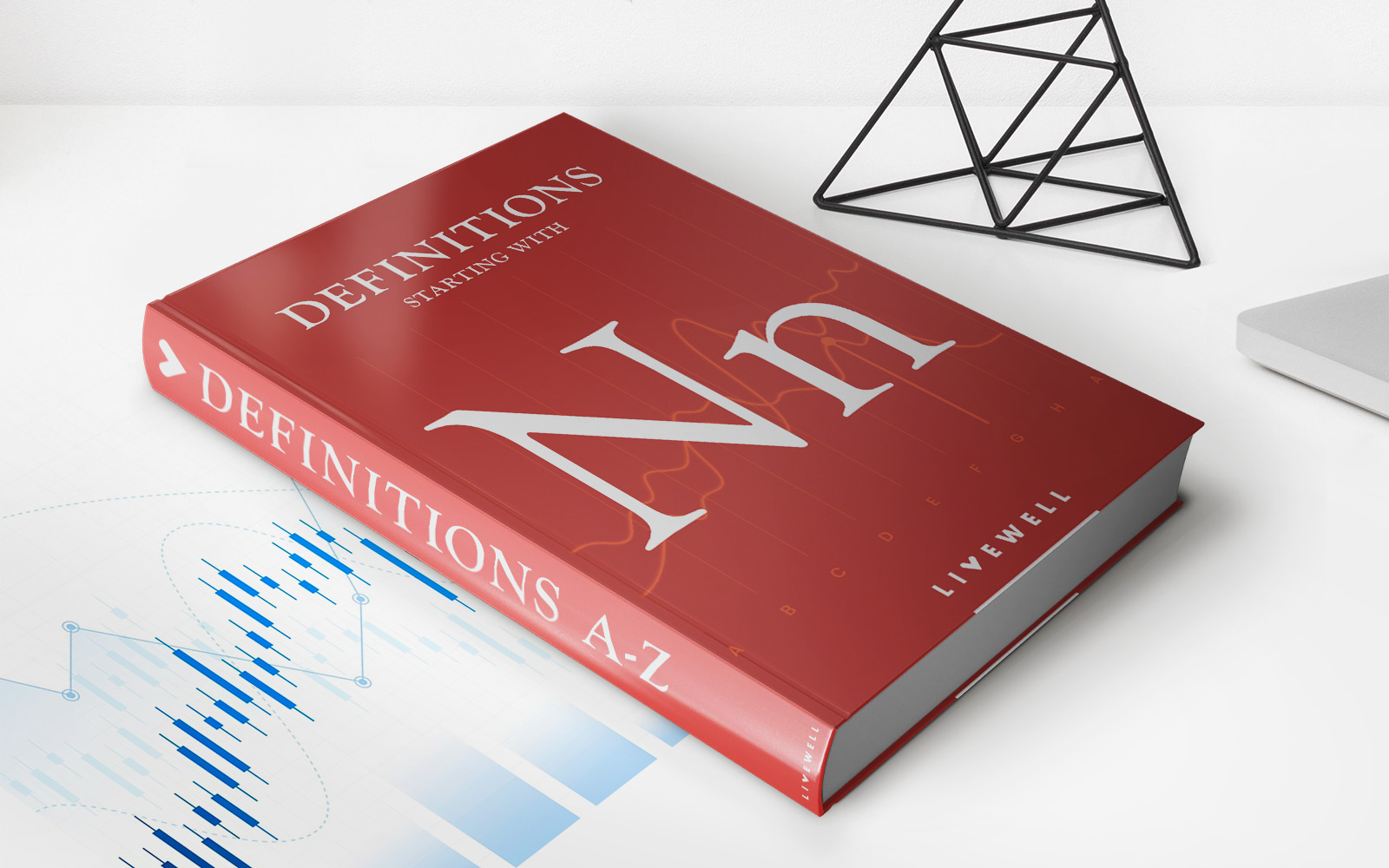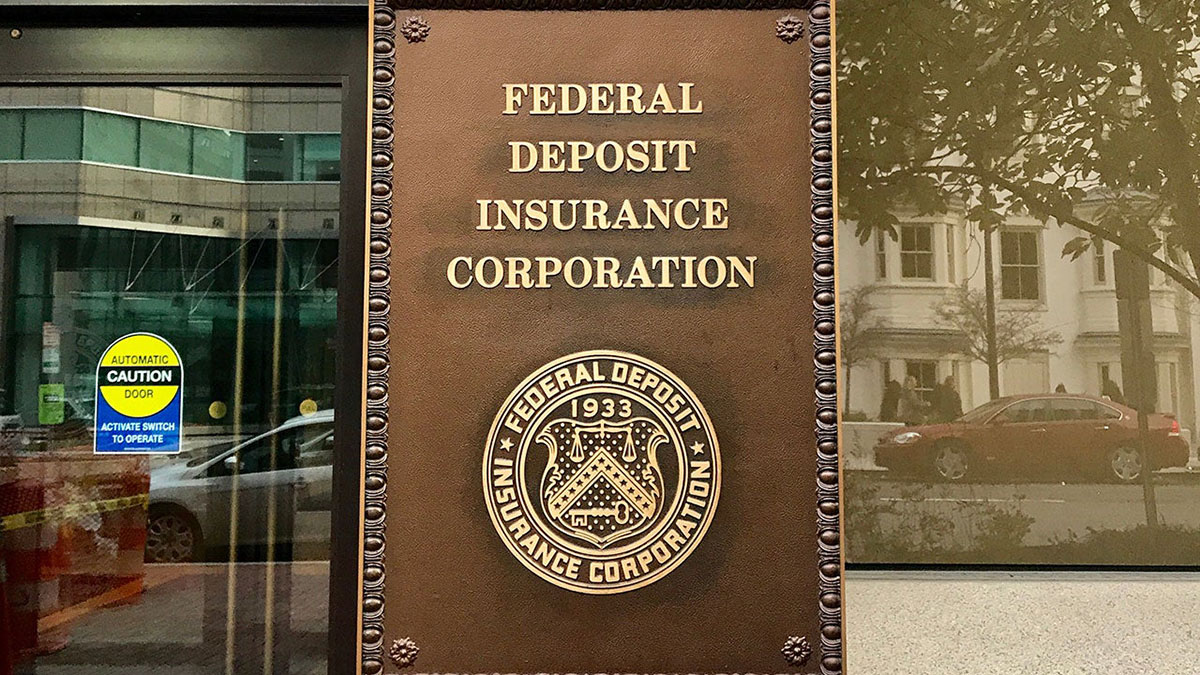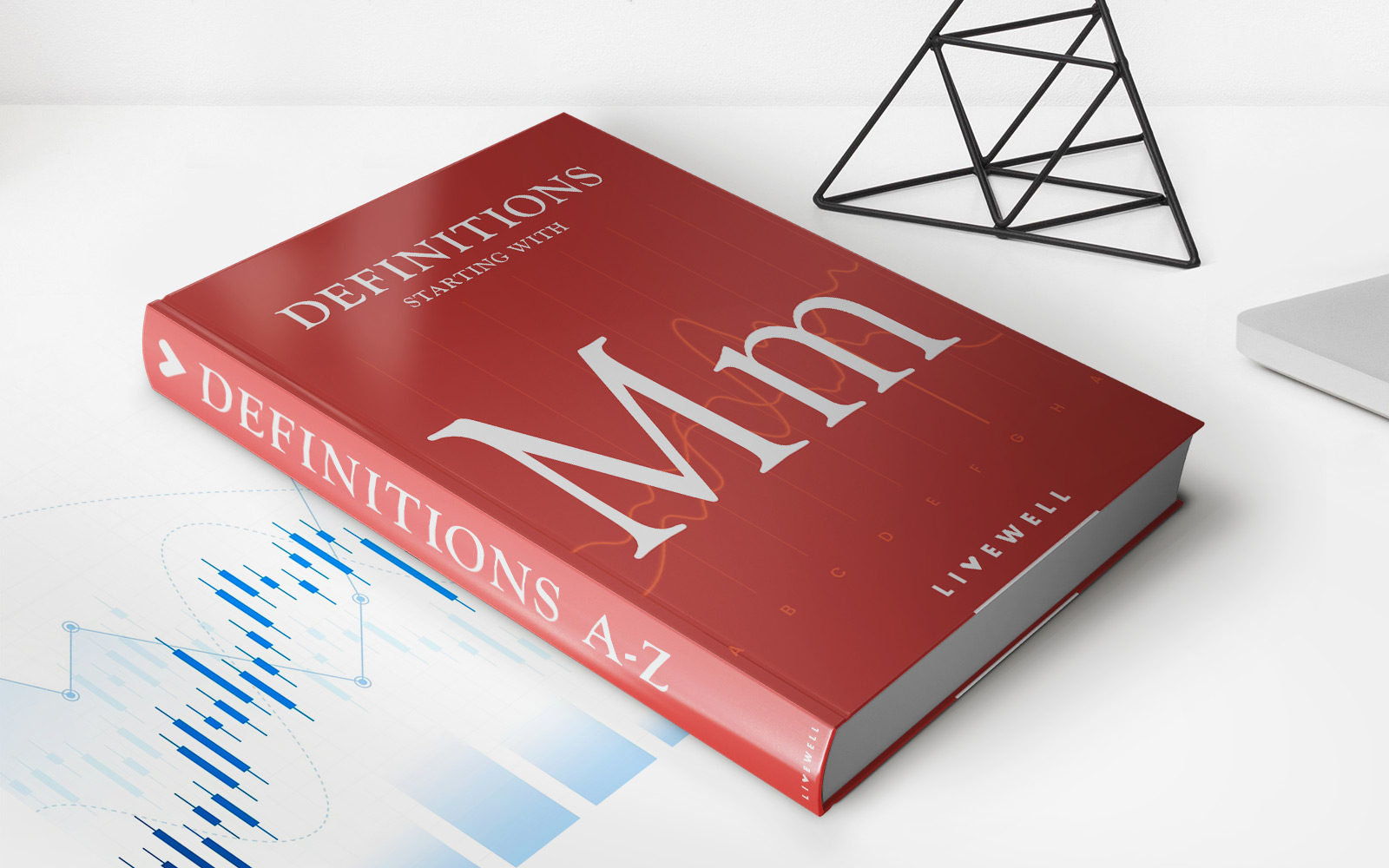Home>Finance>Negotiable Certificate Of Deposit (NCD): Definition And Risk


Finance
Negotiable Certificate Of Deposit (NCD): Definition And Risk
Published: December 29, 2023
Get a clear understanding of Negotiable Certificate of Deposit (NCD) in finance and its associated risks. Empower your financial decisions today.
(Many of the links in this article redirect to a specific reviewed product. Your purchase of these products through affiliate links helps to generate commission for LiveWell, at no extra cost. Learn more)
What is a Negotiable Certificate of Deposit (NCD)?
When it comes to financial instruments, Negotiable Certificates of Deposit (NCDs) might not be as widely known as some other options. However, they are an important tool in the world of finance. In this blog post, we will explore NCDs – what they are, how they work, and the risks associated with them.
Key Takeaways:
- Negotiable Certificates of Deposit (NCDs) are a type of debt instrument issued by banks.
- NCDs provide investors with a fixed return over a specific period of time.
Understanding NCDs
In simple terms, NCDs are debt instruments issued by banks as a means of raising capital. Just like traditional Certificates of Deposit (CDs), NCDs offer a fixed return over a specific period of time. The key difference is that NCDs are negotiable, meaning they can be freely bought and sold in the secondary market.
Investors purchase NCDs at a specific face value, and the issuing bank pays interest on the invested amount. This interest can be either fixed or floating, depending on the terms of the NCD. Typically, NCDs come with maturities ranging from a few months to several years.
Due to their negotiable nature, NCDs can be actively traded in the secondary market before their maturity date. This provides investors with flexibility to sell their investments and potentially realize gains or losses, depending on prevailing market conditions.
Risks Associated with NCDs
While NCDs can offer attractive returns, it’s important to understand the potential risks involved. Here are some key risks associated with investing in NCDs:
- Default Risk: Just like any debt instrument, there is a risk that the issuing bank may default on its payments. It’s crucial to assess the creditworthiness of the issuing bank before investing in their NCDs.
- Market Risk: The value of NCDs can fluctuate in the secondary market due to changes in interest rates, credit ratings, and market conditions. Investors should be prepared for potential gains or losses if they choose to trade NCDs before their maturity.
- Liquidity Risk: While NCDs can be traded in the secondary market, their liquidity can vary. Some NCDs may have limited trading volume, making it difficult to find buyers or sellers when trying to execute a trade.
- Interest Rate Risk: NCDs with fixed interest rates can be exposed to interest rate risk. If market interest rates rise, the fixed return on the NCD may become less attractive compared to other investment options.
It’s important to assess your risk tolerance and carefully consider these factors before investing in NCDs. Consulting a financial advisor can help you make informed decisions based on your individual financial goals and circumstances.
Conclusion
Negotiable Certificates of Deposit (NCDs) are a unique financial instrument that can offer investors a fixed return over a specific period of time. With the ability to be traded in the secondary market, NCDs provide flexibility, but also expose investors to certain risks. Understanding these risks and conducting thorough research is essential before investing in NCDs.














